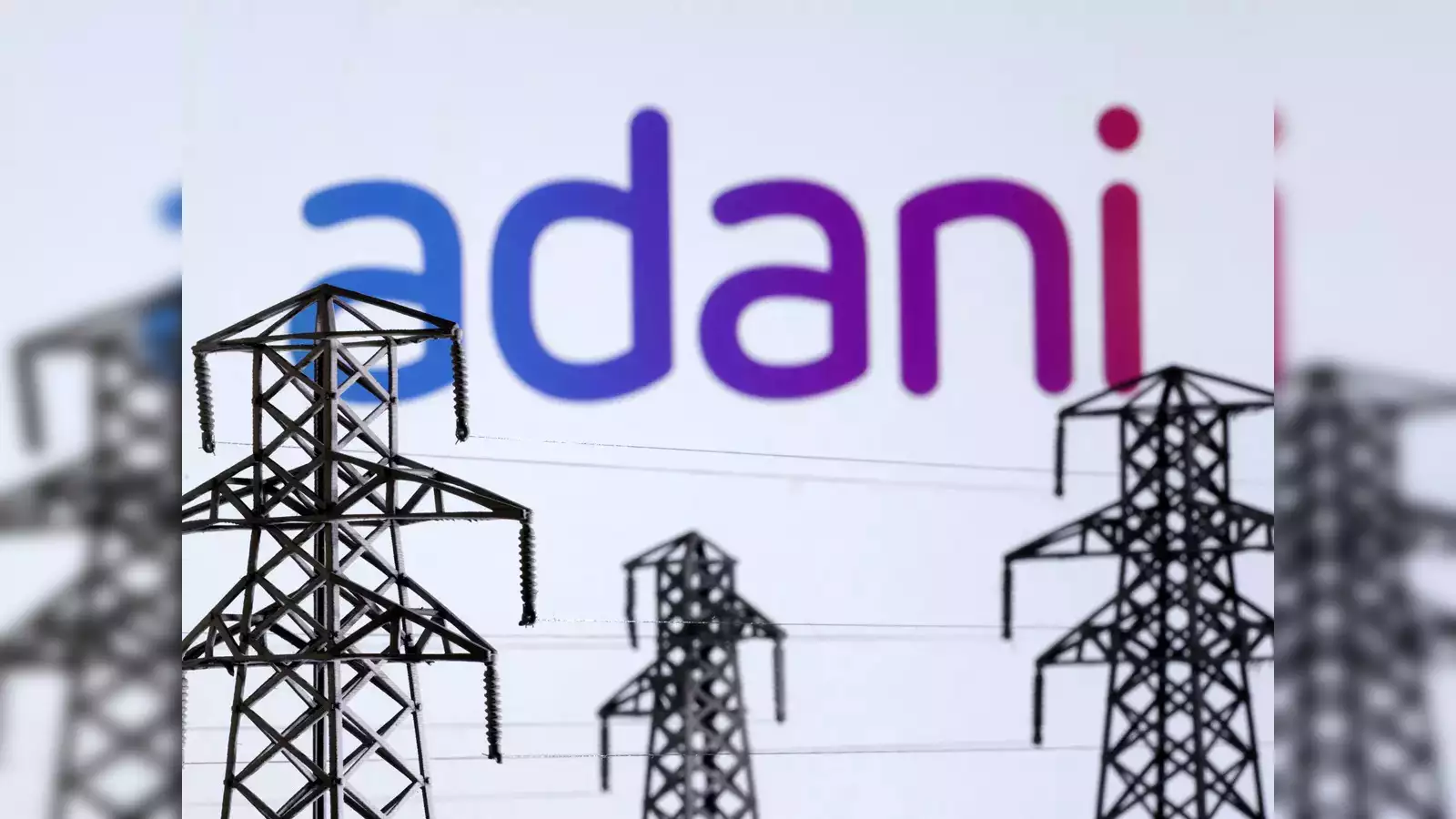CleverTap, a prominent customer engagement and retention platform, has launched Clever.AI, an AI engine aimed at helping brands achieve higher conversion rates and operational efficiency. Built on Predictive, Generative, and Prescriptive AI pillars, Clever.AI enables brands to anticipate customer needs, deliver emotionally resonant content, and provide actionable recommendations in real-time. Brands utilizing Clever.AI have reported a significant increase in conversion rates, operational efficiency, and click-through rates. With endorsements from leading brands like Touch ‘n Go, Swiggy, and Burger King, Clever.AI is set to revolutionize customer engagement strategies.
CleverTap will showcase its new AI capabilities during its Spring Release ‘24 event. CleverTap, a leading player in the customer engagement and retention space, has introduced Clever.AI, an artificial intelligence (AI) engine designed to revolutionize how brands interact with their customers. The launch of Clever.AI marks a significant milestone in CleverTap’s journey towards providing cutting-edge solutions to enhance customer engagement and drive business growth.
Clever.AI is built on three core AI pillars: Predictive, Generative, and Prescriptive. These pillars empower brands with advanced AI capabilities to better understand their customers and deliver personalized experiences at scale.
The Predictive AI capabilities of Clever.AI enable brands to forecast precise business outcomes by leveraging data insights. By analyzing vast amounts of customer data, Clever.AI can anticipate customer needs and behavior patterns, allowing brands to tailor their marketing strategies accordingly. This predictive approach not only enhances the effectiveness of marketing campaigns but also improves overall marketing return on investment (ROI).
With its Generative AI capabilities, Clever.AI brings creativity and emotional intelligence to customer engagement. By crafting content that resonates with customers on a human level, brands can drive higher conversion rates and foster deeper connections with their audience. This empathetic approach to customer engagement is essential in today’s competitive landscape, where personalized experiences are increasingly valued by consumers.
Furthermore, Clever.AI’s Prescriptive AI capabilities provide brands with actionable recommendations to optimize customer interactions throughout the entire customer journey. By identifying the most effective engagement strategies in real-time, Clever.AI helps brands maximize conversions and enhance customer satisfaction.
The launch of Clever.AI has already delivered tangible results for brands across various industries. With Clever.AI, brands have reported a 66% increase in conversion rates, a 35% boost in operational efficiency, and a remarkable 3x improvement in click-through rates (CTRs). These impressive outcomes underscore the transformative impact of Clever.AI on customer engagement and business performance.
Customer testimonials further validate the effectiveness of Clever.AI in driving tangible business outcomes. Peter Takacs, Digital Product Manager at Burger King, praised Clever.AI for its ease of use and versatility in optimizing marketing campaigns. According to Takacs, Clever.AI has enabled Burger King to experiment with multiple possibilities and quickly converge on the most effective strategies, ushering in a new era of continuous experimentation and innovation.
Anand Jain, Co-founder and Chief Product Officer of CleverTap, expressed excitement about the launch of Clever.AI and its potential to reshape the future of customer engagement. He emphasized CleverTap’s commitment to innovation and leveraging the latest technologies to empower brands with intelligent customer engagement solutions.
In short, Clever.AI represents a significant leap forward in the realm of customer engagement, offering brands advanced AI capabilities to deliver personalized experiences and drive business growth. With its predictive, generative, and prescriptive AI capabilities, Clever.AI is poised to revolutionize how brands connect with their customers in the digital age.


 Opinion2 years ago
Opinion2 years ago
 Fashion7 years ago
Fashion7 years ago
 Entertainment7 years ago
Entertainment7 years ago
 Entertainment7 years ago
Entertainment7 years ago
 Opinion2 years ago
Opinion2 years ago
 Business News2 years ago
Business News2 years ago
 Policy&Politics2 years ago
Policy&Politics2 years ago
 Business News2 years ago
Business News2 years ago




















